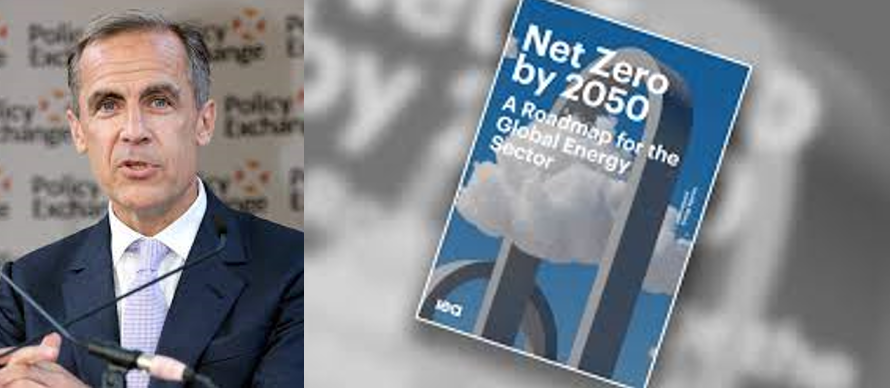TD and CIBC make biggest jumps
(Note: all currency in USD, unless noted otherwise)
The 2025 Banking on Climate Chaos (BOCC) report just published delivers comprehensive fossil fuel financing (lending and underwriting) data for 65 major global banks, including Canada’s five largest banks: RBC, TD, Scotia, CIBC, and BMO.
This data serves as a proxy for tracking the sector’s net zero transition progress. It is of particular interest as major banks reflect the broader economies in which they operate. The financial sector’s net zero transition is spearheaded and guided by the Global Alliance for Net Zero (GFANZ), co-launched in 2021 by then UN Envoy on Climate Action and Finance, Mark Carney, now Prime Minister of Canada. GFANZ provides a central source of financial sector net zero finance commitments and guidance.
The news this year is not good. Overall, there was a significant increase in fossil fuel financing among all the banks assessed from 2023 to 2024, with $429 B committed in 2024 to companies expanding fossil fuel production. Up from $347 B the year prior.
Unfortunately, our national banks continue to outperform their larger global peers, financing more fossil fuels in 2024 than, for example, the Bank of China, HSBC, BNP Paribas, ING, or Deutsche Bank.
Despite their relatively modest size, Canadian banks have increased their global standing since 2023, when they ranked among the top 21 global banks. In 2024, our banks have earned the dubious distinction of ranking within the top 16. For comparison, Bank of China ($4.877 trillion in total assets) holds the 17th spot on this leaderboard, with $69.2 B in fossil financing from 2021 to 2024 versus CIBC ($1.04 trillion CAD in total assets) and $80 B in fossil financing from 2021 to 2024.
| Bank | Rank | Change in fossil fuel financing (2023-24) |
| RBC | 8 | +$4.9 B |
| TD | 9 | +$9.1 B |
| Scotia | 13 | +$2.1 B |
| CIBC | 14 | +$6.4 B |
| BMO | 16 | +$3.0 B |
Despite each of Canada’s banks having committed to net zero financed emissions in 2021, BOCC data for 2024 indicates that all five have continued to expand the lending and underwriting to fossil fuels by significant amounts, the lowest increase being $2.1 B at Scotia and the largest increase being $9.1 B at TD.
To be clear, all five Canadian banks, though having stepped back from the Net Zero Banking Alliance earlier this year, have all stated publicly that they remain committed to net zero financed emissions by 2050, along with their interim 2023 financed emissions reduction targets within their energy lending portfolios.
This negative financing trend, however, indicates that the banks are not on track. It also indicates that efforts today from policy makers and regulators have been insufficient globally, and are particularly ineffective in Canada.
We plan on examining obstacles resulting in this trend over the course of this year



